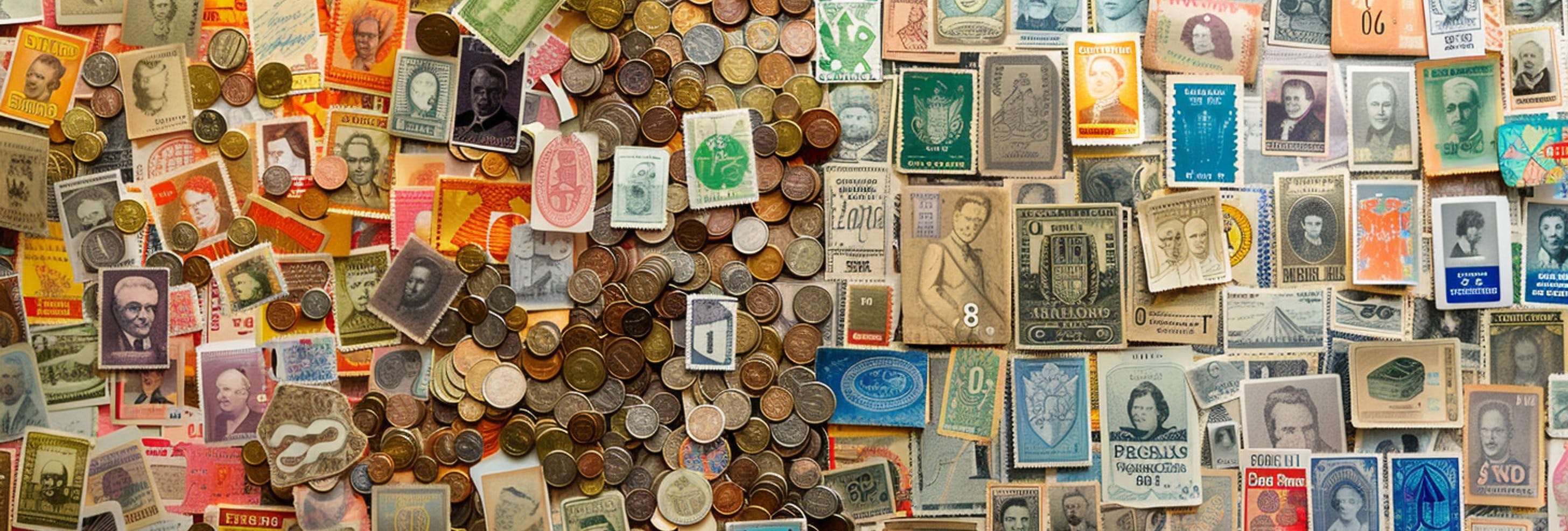
Digital Collectibles are Inevitable
How Our Age-Old Passion Meets New Tech to Shape the Future of Collecting
Collecting is an activity as old as humanity. There is evidence that prehistoric man collected shells, stones and other natural objects that seemingly had no direct utility but maybe had aesthetic or symbolic value. Egyptians collected vast arrays of things and pharaohs were buried with their collections of art, jewelry and other items. Vast libraries of texts have been collected by civilizations, as well as sculpture, paintings, and vases. More recently, people collect stamps, coins, trading cards, event ticket stubs, bottle caps, cars, comic books, records, action figures, art and watches, just to name a few.
Collecting can be a game. Collectible card games such as Pokemon or Magic: The Gathering feature an element of card collecting in order to build packs that power game play. It’s nostalgic. Elton John apparently collects ticket stubs from his own performances or other significant events he’s attended. Collections can signal status. Egyptian pharaohs and Chinese emperors were buried with vast collections believed to be of help to them in the afterlife. Collecting is a way of engaging more deeply with one’s passions.
With the opportunity to collect digitally, we gain a host of benefits. The ability to share my collection with a similarly interested community is orders of magnitude greater in the digital realm. Digital collectibles enable brands to much more easily identify and engage with those fans that love the world of this brand so much as to spend time collecting the elements of that world. Those fans can be rewarded and held up as models within the community. This is a dream for marketers and brands.
But as our lives have become more and more digital, collectibles haven’t been able to follow. How can you collect a thing that you don’t control and is infinitely replicable? A digital collection requires digital ownership. The spaces that have provided some approximation of collecting digitally are largely walled gardens where your ownership in the worst case is subject to the whims of the provider and in the best case constrained by the fortunes of that provider.
Blockchains are decentralized world computers that can run software and record ownership in an immutable fashion. They provide a neutral platform anyone can access or create on with incentives for longevity and durability. Put simply, blockchains provide an enduring solution to digital ownership enabling, among other things, digital collectibles.
The blockchain is simply a tool. If used badly, it can be used to perpetuate any number of scams as we saw last cycle. Incredible potential and early bad actors are a noxious mix. The blockchain has no inherent morality but it does have great potential. For example, recent advancements such as Account Abstraction (ERC-4337) which went live on the Ethereum blockchain as of March 2023, we now have the tools to provide much improved security and UX for mainstream audiences that can unlock digital collectibles for the mainstream.
Some brands have started to play in the space targeting collectors focused on price appreciation and trading. Trading has always been a part of collecting but the future I want to see focuses more on engaging with the passion of the fans than it does on just trading assets. The opportunity exists and the solutions are starting to arrive. With more and more time being spent digitally, these experiences will inevitably become a mainstream reality.



Putting together thoughts on mainstream implications of digital ownership. Starting with making a case for digital collectibles. A brand running the full NFT playbook based on a real and existing fandom would be exciting. https://paragraph.xyz/@saadiq/digital-collectibles-are-inevitable